Food tourism isn’t always about Michelin stars and wine pairings.
In 2009, my husband and I visited the Indonesian island of Java. At one stage, we took an “ekonomi” train (ticket price €0.30) and, as we boarded, my long-legged Tipperary farmer whacked his head on the doorway.
The entire train car erupted in laughter; his clumsiness was the perfect ice-breaker. We spent the rest of the trip chatting and sharing food with our train-mates among the chickens, goats and general mayhem.
I remember the taste of deep-fried tofu, sweet snake fruit and nasi goreng (fried rice) eaten from a plastic bag. I remember the kindness that was shared along with the food. Years later, it’s a story we still love to recount and, every time it’s told, the flavours and warm feelings of hospitality come flooding back. That, to me, is food tourism.
Visitors crave a story with their experience and we Irish are, generally, excellent storytellers. Until recently, though, Irish food wasn’t a major part of our story.
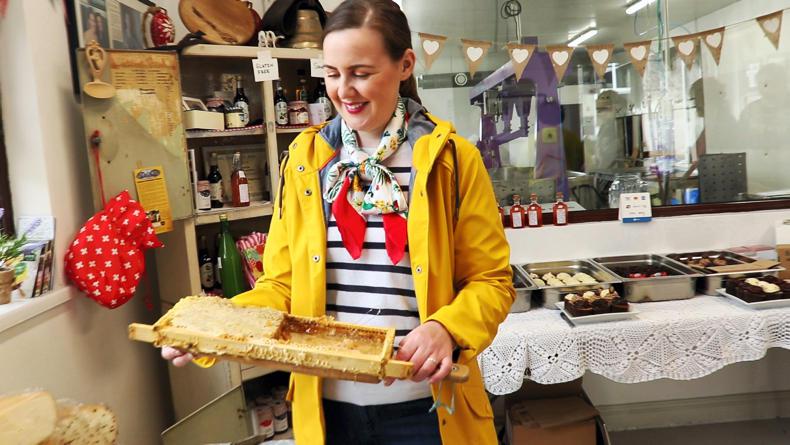
Siobhán Sloane owns and operates Essential Food Trails in counties Clare and Galway.
Siobhán Sloane runs Essential Food Trails in Clare and Galway. Growing up in a restaurant in Co Meath, she remembers her family practising food provenance – but never using it as a selling point.
“Farm to fork wasn’t a thing [in the 1980s], even though the food actually was farm to fork,” she laughs.
“We just didn’t shout about it. I remember the egg lady, the veg man – back then, it was just how things worked.”
Siobhán’s business takes visitors on food-focused journeys through her region’s most picturesque landscapes. While a background in marketing and a degree in heritage studies have helped, what really influenced her decision to work in food tourism were her own positive experiences. A trip to France for a yoga holiday sticks out, in particular.
“[I stayed] in a beautiful, rustic farm house,” she says.
“And something stuck with me: the lady running the place had left a welcome basket with local wine and cheese. I thought, ‘This is what it’s all about.’”
Connecting dots
Siobhán was working as a guide on a nature trail in the Burren when she realised her tours were increasingly focusing on wild foods found in the area.
She saw a gap in the market; an opportunity to introduce visitors to local food and food producers in a well-curated way.
“I felt the missing link was in creating the experiences, even though many food trails exist. [When we hear] the word ‘trail’ (in this context), it’s really more of a network – all of the producers are there but I thought, ‘How do people find them?’ I call it a road trip food tour.”
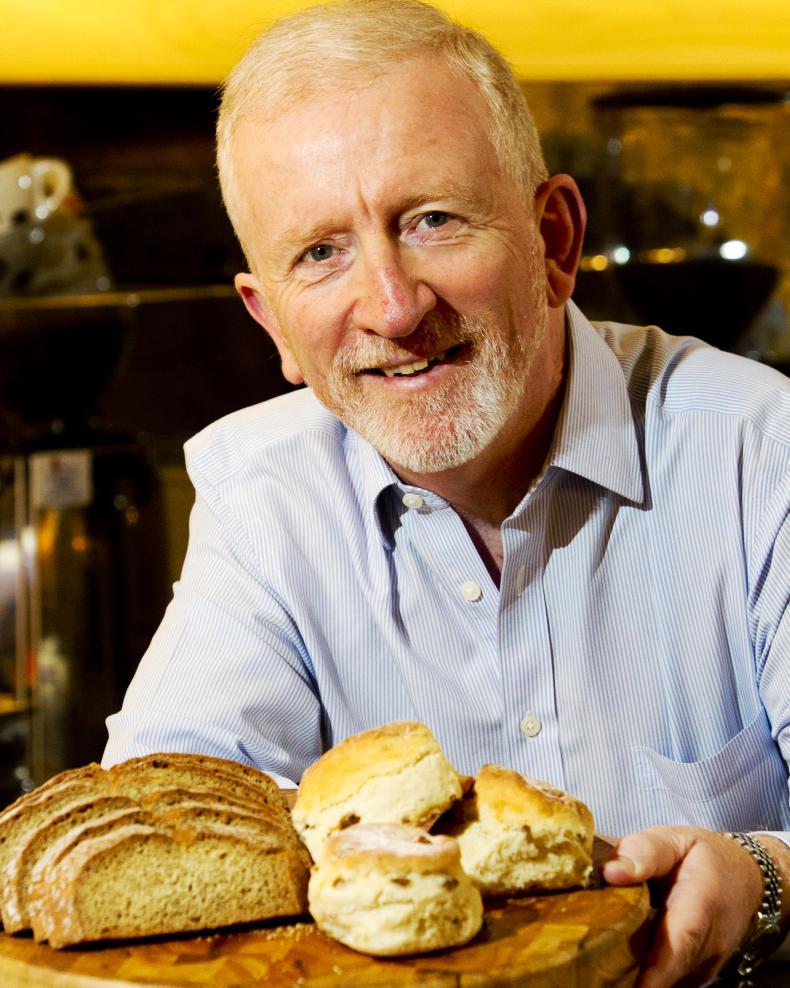
John Mulcahy holds a PhD in food tourism from the School of Culinary Arts and Food Technology, Technological University Dublin, is a member of the Irish Food Champions Assembly and is an independent food tourism activist, advisor and researcher.
John Mulcahy holds a PhD in food tourism from the School of Culinary Arts and Food Technology, Technological University Dublin, is a member of the Irish Food Champions Assembly and is an independent food tourism activist, adviser and researcher.
He says that since the 2008 recession, there has been a surge of creativity within food tourism.
“[During the recession], chefs and producers were forced to pare down what they were doing,” he says.
“They began looking for more local ingredients and experimenting with those.
“Tourists would show up with low [food] expectations and were then gobsmacked at the quality they were getting.”
Greener pastures
John believes the infrastructure for food tourism is already present in rural Irish communities. Something as simple as a farm walk has the potential to become a meaningful visitor experience. He says communities should work together to achieve tourism goals.
“What is ordinary to a farmer is extraordinary to a visitor,” he explains. “[Farms and rural communities] can diversify in many ways, and it can be done efficiently by starting off small. Rural residents aren’t used to shouting about their locality, but every parish has something to offer.”
The recession was actually good [for Irish food] – it drove awareness, and Irish people support each other [when times are tough]
While the pandemic has put a pause on international tourism, John feels the momentum built up over the years will carry the industry through these difficult times.
“[In recent years], despite wars, ash clouds and other major events, tourism has grown exponentially,” he says.
“It will take a hit now, but it will continue. Now is the time to look after your Irish visitors.”
Since 2006, Good Food Ireland has played a major role in Irish food tourism. By working with national and international tourism boards to promote Irish food, the organisation has championed local producers and helped add provenance to Irish menus. Founder Margaret Jeffares says the organisation was among the first to highlight the farm to fork connection – something that has always existed in Irish food.

Founder and managing director of Good Food Ireland, Margaret Jeffares.
“I have to say, for the first five to six years it was a slow build – we had people saying, ‘Who cares if the food is Irish?,’” she says.
“The recession was actually good [for Irish food] – it drove awareness, and Irish people support each other [when times are tough]. There has been a strong demand for good food since, but Ireland still isn’t fully known as a food destination.”
Farming is key
Margaret believes our agricultural traditions are integral to Irish food tourism. With most citizens just one or two generations removed from a farming background, agriculture is a part of our national identity and a crucial element to the Irish food story.
The recession was actually good [for Irish food] – it drove awareness, and Irish people support each other [when times are tough]
She says, similarly to the recession, the COVID-19 pandemic has raised awareness and interest in local producers among Irish consumers.
“If there’s any tourism going to bounce back its food and rural tourism,” she says.
“Agriculture, without a question, will be a very strong part of that. The international tourist is looking to explore rural Ireland and, Ireland – being an agri-food island – has a key role to play in the growth of food tourism, globally.”
Food tourism isn’t always about Michelin stars and wine pairings.
In 2009, my husband and I visited the Indonesian island of Java. At one stage, we took an “ekonomi” train (ticket price €0.30) and, as we boarded, my long-legged Tipperary farmer whacked his head on the doorway.
The entire train car erupted in laughter; his clumsiness was the perfect ice-breaker. We spent the rest of the trip chatting and sharing food with our train-mates among the chickens, goats and general mayhem.
I remember the taste of deep-fried tofu, sweet snake fruit and nasi goreng (fried rice) eaten from a plastic bag. I remember the kindness that was shared along with the food. Years later, it’s a story we still love to recount and, every time it’s told, the flavours and warm feelings of hospitality come flooding back. That, to me, is food tourism.
Visitors crave a story with their experience and we Irish are, generally, excellent storytellers. Until recently, though, Irish food wasn’t a major part of our story.

Siobhán Sloane owns and operates Essential Food Trails in counties Clare and Galway.
Siobhán Sloane runs Essential Food Trails in Clare and Galway. Growing up in a restaurant in Co Meath, she remembers her family practising food provenance – but never using it as a selling point.
“Farm to fork wasn’t a thing [in the 1980s], even though the food actually was farm to fork,” she laughs.
“We just didn’t shout about it. I remember the egg lady, the veg man – back then, it was just how things worked.”
Siobhán’s business takes visitors on food-focused journeys through her region’s most picturesque landscapes. While a background in marketing and a degree in heritage studies have helped, what really influenced her decision to work in food tourism were her own positive experiences. A trip to France for a yoga holiday sticks out, in particular.
“[I stayed] in a beautiful, rustic farm house,” she says.
“And something stuck with me: the lady running the place had left a welcome basket with local wine and cheese. I thought, ‘This is what it’s all about.’”
Connecting dots
Siobhán was working as a guide on a nature trail in the Burren when she realised her tours were increasingly focusing on wild foods found in the area.
She saw a gap in the market; an opportunity to introduce visitors to local food and food producers in a well-curated way.
“I felt the missing link was in creating the experiences, even though many food trails exist. [When we hear] the word ‘trail’ (in this context), it’s really more of a network – all of the producers are there but I thought, ‘How do people find them?’ I call it a road trip food tour.”

John Mulcahy holds a PhD in food tourism from the School of Culinary Arts and Food Technology, Technological University Dublin, is a member of the Irish Food Champions Assembly and is an independent food tourism activist, advisor and researcher.
John Mulcahy holds a PhD in food tourism from the School of Culinary Arts and Food Technology, Technological University Dublin, is a member of the Irish Food Champions Assembly and is an independent food tourism activist, adviser and researcher.
He says that since the 2008 recession, there has been a surge of creativity within food tourism.
“[During the recession], chefs and producers were forced to pare down what they were doing,” he says.
“They began looking for more local ingredients and experimenting with those.
“Tourists would show up with low [food] expectations and were then gobsmacked at the quality they were getting.”
Greener pastures
John believes the infrastructure for food tourism is already present in rural Irish communities. Something as simple as a farm walk has the potential to become a meaningful visitor experience. He says communities should work together to achieve tourism goals.
“What is ordinary to a farmer is extraordinary to a visitor,” he explains. “[Farms and rural communities] can diversify in many ways, and it can be done efficiently by starting off small. Rural residents aren’t used to shouting about their locality, but every parish has something to offer.”
The recession was actually good [for Irish food] – it drove awareness, and Irish people support each other [when times are tough]
While the pandemic has put a pause on international tourism, John feels the momentum built up over the years will carry the industry through these difficult times.
“[In recent years], despite wars, ash clouds and other major events, tourism has grown exponentially,” he says.
“It will take a hit now, but it will continue. Now is the time to look after your Irish visitors.”
Since 2006, Good Food Ireland has played a major role in Irish food tourism. By working with national and international tourism boards to promote Irish food, the organisation has championed local producers and helped add provenance to Irish menus. Founder Margaret Jeffares says the organisation was among the first to highlight the farm to fork connection – something that has always existed in Irish food.

Founder and managing director of Good Food Ireland, Margaret Jeffares.
“I have to say, for the first five to six years it was a slow build – we had people saying, ‘Who cares if the food is Irish?,’” she says.
“The recession was actually good [for Irish food] – it drove awareness, and Irish people support each other [when times are tough]. There has been a strong demand for good food since, but Ireland still isn’t fully known as a food destination.”
Farming is key
Margaret believes our agricultural traditions are integral to Irish food tourism. With most citizens just one or two generations removed from a farming background, agriculture is a part of our national identity and a crucial element to the Irish food story.
The recession was actually good [for Irish food] – it drove awareness, and Irish people support each other [when times are tough]
She says, similarly to the recession, the COVID-19 pandemic has raised awareness and interest in local producers among Irish consumers.
“If there’s any tourism going to bounce back its food and rural tourism,” she says.
“Agriculture, without a question, will be a very strong part of that. The international tourist is looking to explore rural Ireland and, Ireland – being an agri-food island – has a key role to play in the growth of food tourism, globally.”










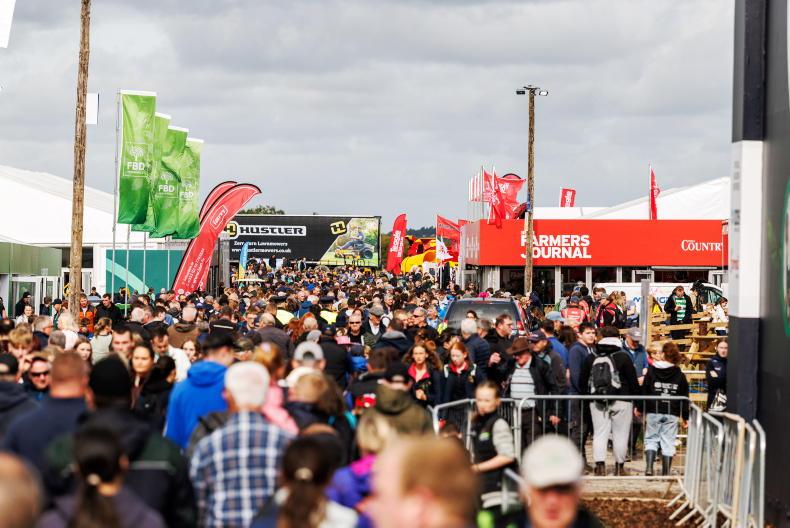
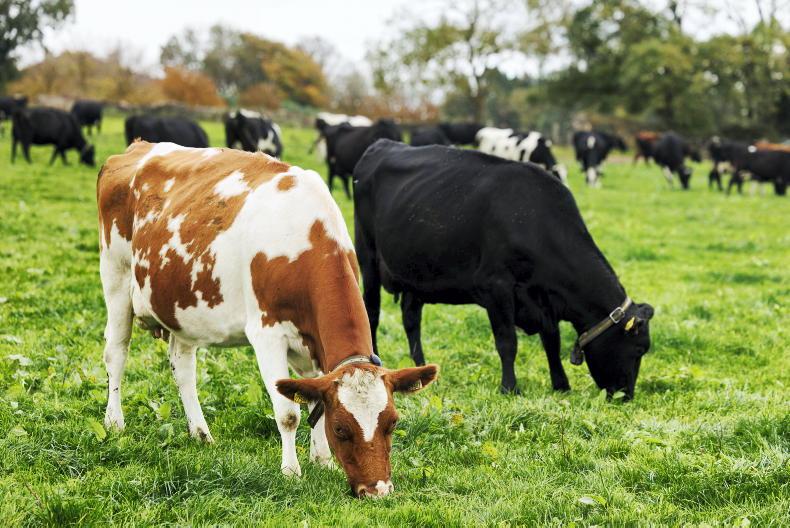
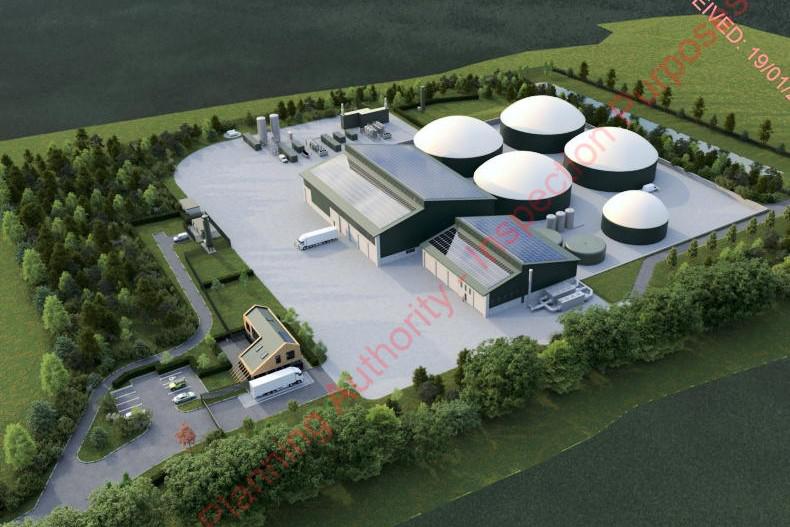
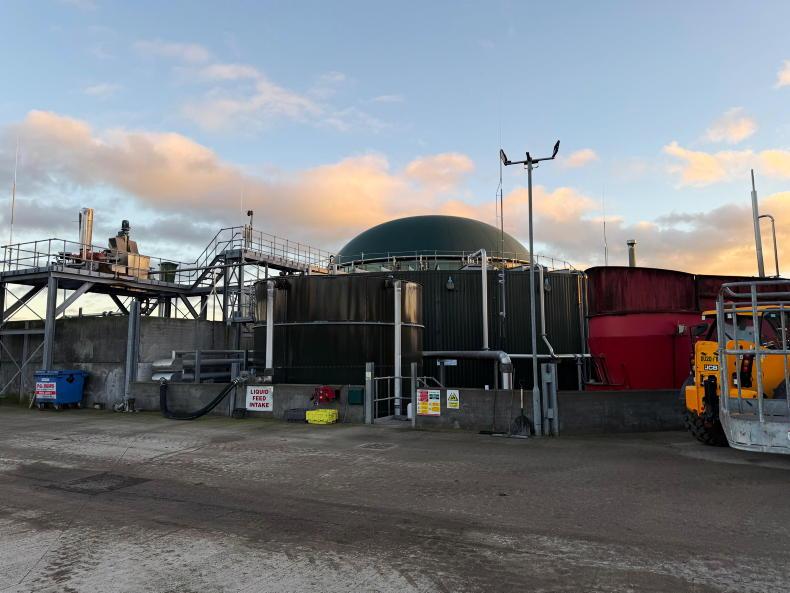
SHARING OPTIONS